In spring of 2015, the Vice President for Student Affairs, Dr. Patricia Telles-Irvin made it a priority to assess and improve black undergraduate students’ experience at Northwestern University. She created the Black Student Experience Task Force, composed of faculty, students, alumni, and staff to examine the issue. They determined 14 different themes and recommendations on which the University should focus its efforts to improve Black student satisfaction.
One of these recommendations advocated for the development of safe spaces in which black students felt comfortable and could find resources, programming, and community. The Black House, located at 1914 Sheridan Road, has always been a haven for the black community, but it needed a renovation. Therefore, reimagining its use for future generations while honoring its legacy became a concrete objective in the effort to enrich the black student experience at Northwestern.
In September 2016, Dr. Telles-Irvin formed the Black House Feasibility Study Steering Committee composed of faculty, graduate students, undergraduate students, alumni, staff, and architects, and co-chaired by Executive Director of Campus Inclusion and Community, Dr. Lesley-Ann Brown-Henderson and Associate Vice President and Chief of staff for Student Affairs, Dr. Julie Payne-Kirchmeier.
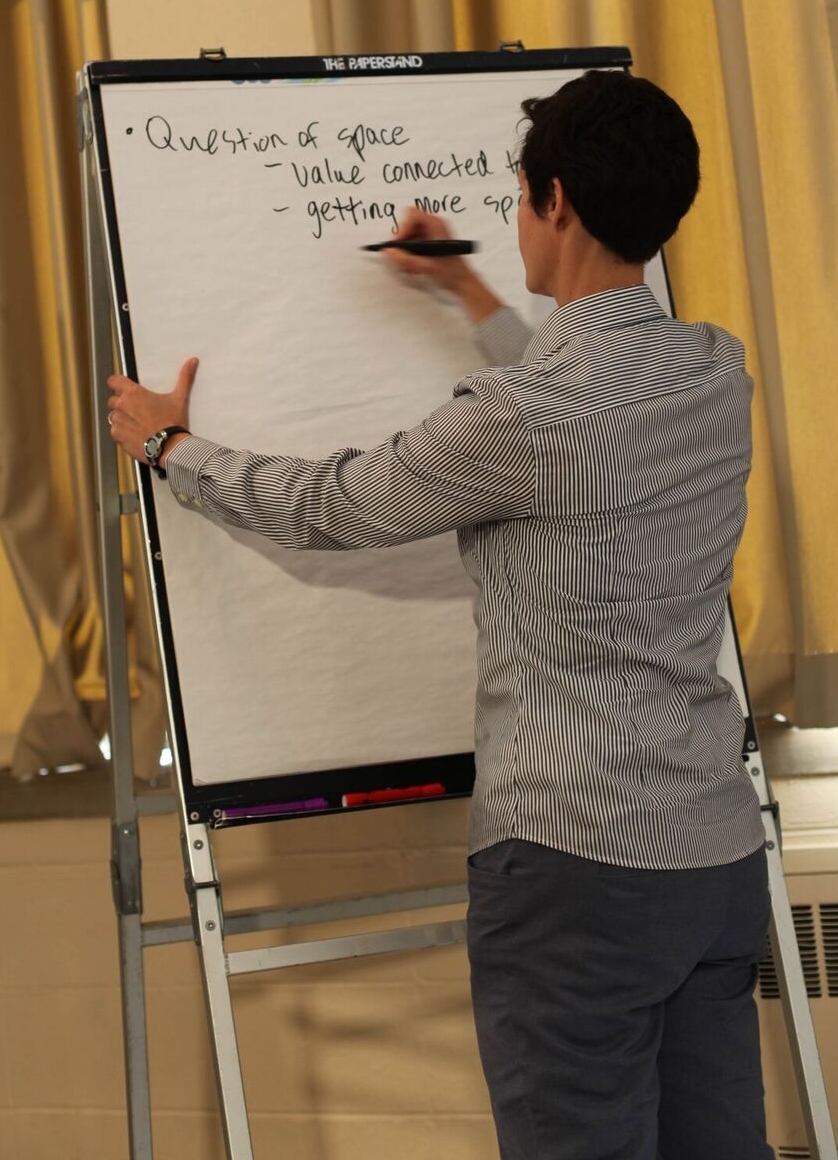 “This has been one of the best Steering Committees that I have worked with,” Dr. Payne-Kirchmeier said, “and this has been one of the most significant projects from a meaning standpoint for students and the community. It’s been an honor to be part of this, and I’m excited to see where the team takes it.”
“This has been one of the best Steering Committees that I have worked with,” Dr. Payne-Kirchmeier said, “and this has been one of the most significant projects from a meaning standpoint for students and the community. It’s been an honor to be part of this, and I’m excited to see where the team takes it.”
The next steps in the process included reviewing previous reports, architecturally assessing the facility, creating community engagement opportunities, and organizing a charrette, a meeting in which all involved stakeholders brainstormed ideas, resolved conflicts, and mapped solutions. As a result of the charrette sessions, a nearly unanimous design concept surfaced among the stakeholders.
In order to design a program that envisioned the right mix of space functions in the facility, the architectural firm working on the project, Moody Nolan, presented the preliminary findings and the current concept. The Northwestern community provided valuable feedback on the projected plans and the spaces that should be prioritized.
“We have an idea of themes by floor, and what we are asking people to do now is to write their preferences in terms of what’s most important,” Dr. Brown- Henderson said. ”Based on that, then we’ll start literally putting walls to the themes.”
 Moody Nolan’s Chicago and Washington, DC Director of Operations Renauld D. Mitchell said, “For us, coming into this work, it was clear from day one, that the campus environment and the greater campus community is firmly committed to getting this right, to make sure that every voice is heard, that every perspective is accounted for, so that at the end of this, when the house is built everyone is satisfied with the result.”
Moody Nolan’s Chicago and Washington, DC Director of Operations Renauld D. Mitchell said, “For us, coming into this work, it was clear from day one, that the campus environment and the greater campus community is firmly committed to getting this right, to make sure that every voice is heard, that every perspective is accounted for, so that at the end of this, when the house is built everyone is satisfied with the result.”
The renovation is currently in the schematic design stage, which entails translating the current concept into a design that embraces stakeholder suggestions and the Steering Committee discussion. The committee hopes to reveal elements of the schematic design on the 50th anniversary of the Bursar’s Office Takeover on May 3 at the Black House.
For more information, please visit the Black House Renovation Project.

 The department of
The department of  Students can find Phillip in her office, located in the Multicultural Center at 1936 Sheridan Rd. With Phillip’s leadership abilities and an engaged student body, Northwestern is in a great position to continue improving the campus community for all.
Students can find Phillip in her office, located in the Multicultural Center at 1936 Sheridan Rd. With Phillip’s leadership abilities and an engaged student body, Northwestern is in a great position to continue improving the campus community for all.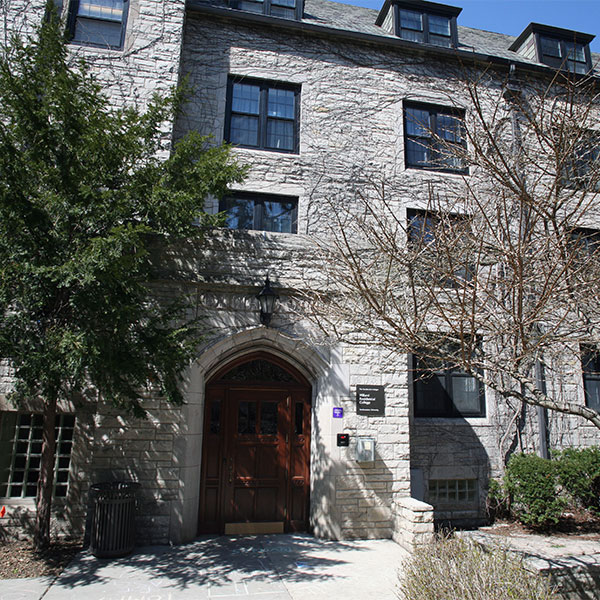 Willard’s updated features include a full-service Fran’s Café, a late-night dining option which returns to Willard from its temporary location at 1835 Hinman. A fitness studio, brand-new furniture, and remodeled bathrooms and laundry facilities also provide an improved residential experience for students.
Willard’s updated features include a full-service Fran’s Café, a late-night dining option which returns to Willard from its temporary location at 1835 Hinman. A fitness studio, brand-new furniture, and remodeled bathrooms and laundry facilities also provide an improved residential experience for students.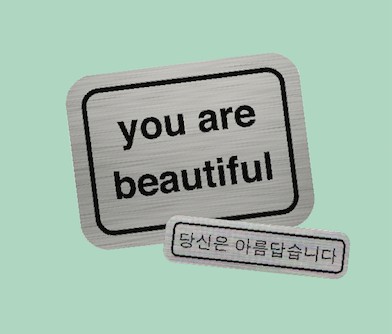 When you’re wrapped up in stress and social media, it can be easy to slip into a negative mindset and start comparing yourself to others. Whether this manifests as poor body image, an eating disorder, or you just need a little boost of self-confidence,
When you’re wrapped up in stress and social media, it can be easy to slip into a negative mindset and start comparing yourself to others. Whether this manifests as poor body image, an eating disorder, or you just need a little boost of self-confidence,  Another easy way for students to decide if they should seek help is through
Another easy way for students to decide if they should seek help is through  “CAPS administrative staff have been very supportive of my ideas and implementing a new perspective to ensure a successful transition of my position to the greater Northwestern community,” Wadhwa said. “This has resulted in more robust and close collaboration with campus partners like the Women’s Center and CARE, which is a crucial aspect of my role at CAPS.”
“CAPS administrative staff have been very supportive of my ideas and implementing a new perspective to ensure a successful transition of my position to the greater Northwestern community,” Wadhwa said. “This has resulted in more robust and close collaboration with campus partners like the Women’s Center and CARE, which is a crucial aspect of my role at CAPS.” In situations where you feel that any student near you is in a state of intoxication or impairment that requires immediate assistance, you can receive amnesty as long as you follow the steps below:
In situations where you feel that any student near you is in a state of intoxication or impairment that requires immediate assistance, you can receive amnesty as long as you follow the steps below: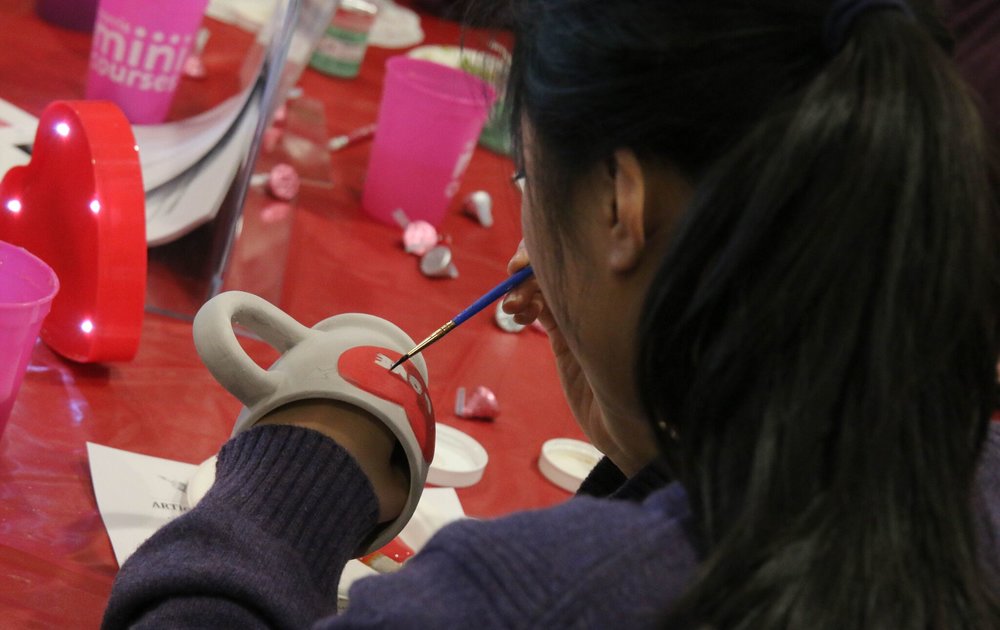 That’s not all for gift preparation; you could also make a love button, paint a heart frame, or decorate and personalize heart plates and darling mugs to go with the card. Not everyone is able to create an astonishing masterpiece, but your sweetheart will definitely appreciate the thought and effort behind it. So don’t waste anymore time looking for a present and head down to ARTica Studios now so you can have your gift ready by the special day.
That’s not all for gift preparation; you could also make a love button, paint a heart frame, or decorate and personalize heart plates and darling mugs to go with the card. Not everyone is able to create an astonishing masterpiece, but your sweetheart will definitely appreciate the thought and effort behind it. So don’t waste anymore time looking for a present and head down to ARTica Studios now so you can have your gift ready by the special day.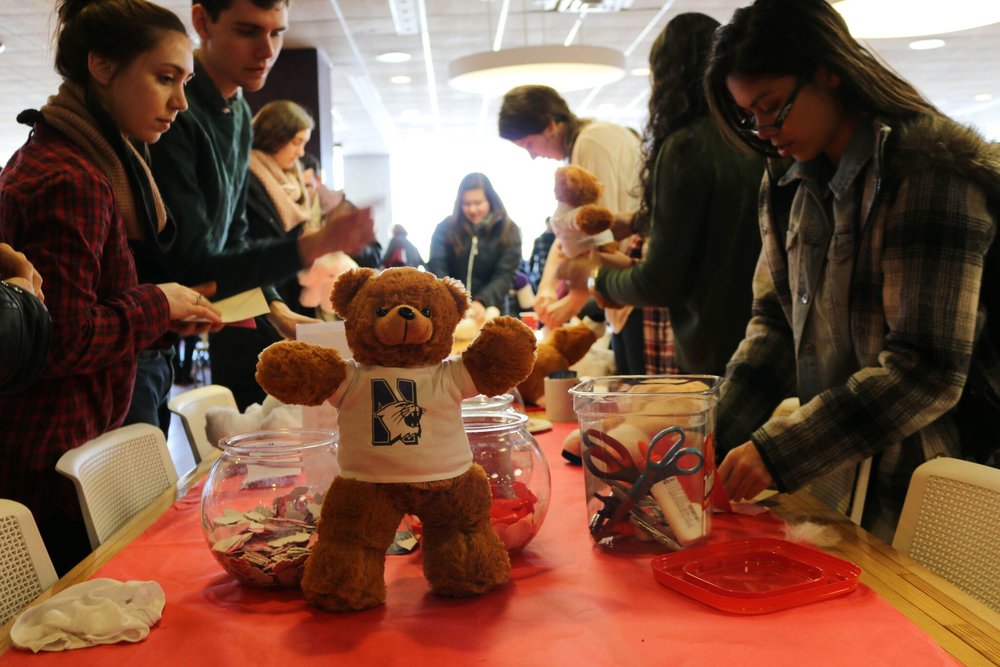 Pass by the Norris Center Desk from 12 to 5 p.m. on Valentine’s Day, and take some free candy kisses. Attach a card to them and place them in different spots on campus that have a special significance for you and your significant other (where you took a class together, or where you first saw each other). Now you are ready to send your beloved on a fun hunt for the candy kisses. The last card should take them to the ice rink around 5 p.m. where you will be waiting for them, with your stuffed friend and the rest of their gifts in hand.
Pass by the Norris Center Desk from 12 to 5 p.m. on Valentine’s Day, and take some free candy kisses. Attach a card to them and place them in different spots on campus that have a special significance for you and your significant other (where you took a class together, or where you first saw each other). Now you are ready to send your beloved on a fun hunt for the candy kisses. The last card should take them to the ice rink around 5 p.m. where you will be waiting for them, with your stuffed friend and the rest of their gifts in hand.